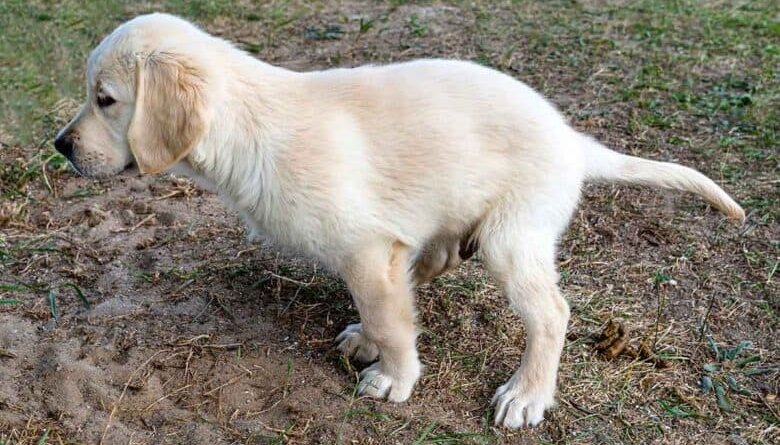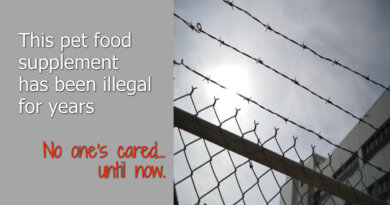Puppies poop—a lot! They are growing quickly and it is part of their metabolic function at this stage.
While you might feel a bit relieved if they suddenly start pooping less often, constipation can be a serious issue for puppies.
It usually diminishes their appetite, which means they aren’t getting the energy and nutrition they need during this crucial time of growth.






order amoxicillin 500mg https://amoxicillin.best/ amoxicillin no prescipion